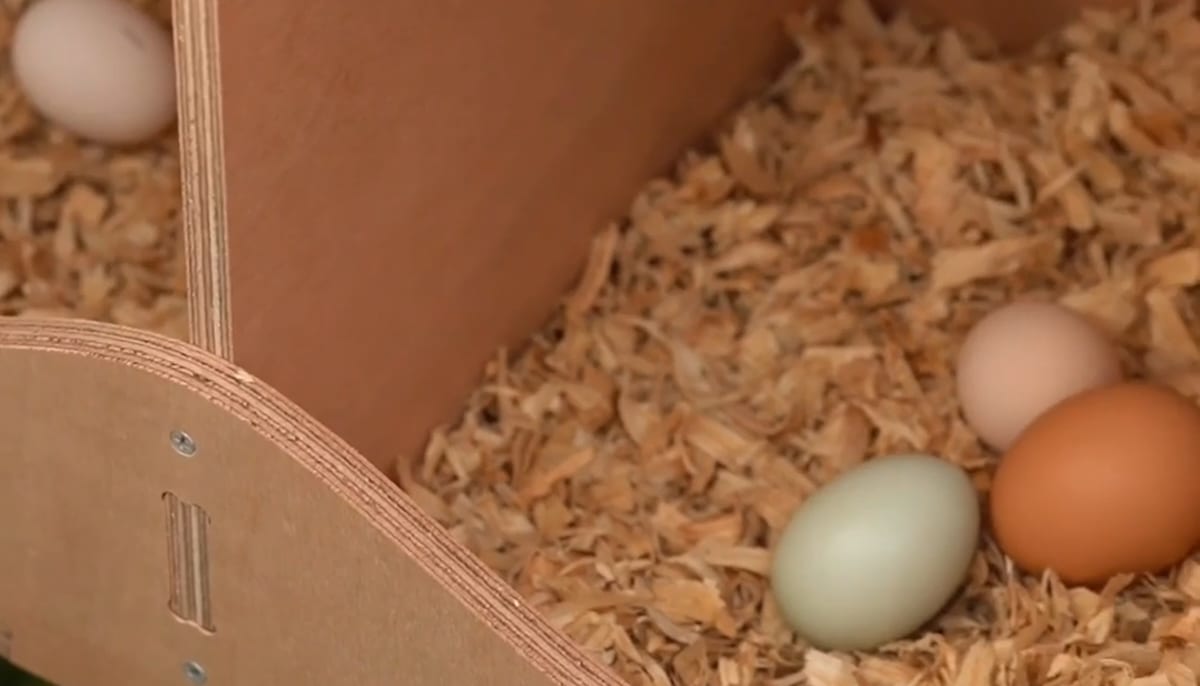Are Insects good for Chickens?
Are Insects good for Chickens?
Are insects good for chickens? Yes and no. Insects carry disease and parasites. But they are also rich in nutrients. So should chickens eat insects?
It seems logical. Chickens eat worms and insects with gusto. Luckily, insects offer a range of nutritional benefits, including the following:
- Form part of a chicken’s natural diet
- Provide essential vitamins and minerals
- Are an excellent source of protein
- Contain essential amino acids, including methionine, which are less available in vegetable sources
And many insects have exoskeletons that are rich in chitin, which has the potential to boost immune health, and phosphorus, which is key to calcium absorption.
So what’s the catch? The catch is that insects also carry parasites and diseases. Flies carry tapeworm, and other insects such as worms, slugs, snails and beetles may also transmit intestinal worms. Earthworms are a common host of the parasite that causes blackhead disease. And larvae, when they have been feeding on infected meat, can cause fatal botulism poisoning.
So suddenly feeding insects to chickens becomes complicated.
Should you feed your chickens insects?
Insects are fine under most circumstances. They are a natural part of a chicken’s diet… and although it may sound counter-intuitive, some exposure to intestinal parasites is not an issue in a well-managed flock. And realistically, parasites are difficult to avoid even with rigorous management… unless, of course, the birds are constantly medicated or never allowed outside.
On the balance, it is better to let your birds free-range and eat their fill of insects for the health and happiness that is in it, regardless of the inherent risks involved.
But we can reduce the risks that insect-consumption poses. Just be prepared to get a little grossed out...
The majority of parasites reproduce by laying eggs which are expelled in the faeces of the carrier. These eggs can lie dormant for years, and only hatch when they are eaten by a suitable host. However, insects can carry both eggs and parasites, which leads to our current question.
But this life cycle has a silver lining. Parasites reproduce through eggs laid in faeces (mostly). So if your chooks are eating insects that haven’t been in contact with chicken poop (or wild bird poop), then the insects are unlikely to be carrying parasites or diseases that call chooks home, because where would they have got them?
Avoid the potential risks of insect-consumption by:
- Maintaining a clean coop.
- Never feeding birds on the ground or in dishes/feeders contaminated by faeces.
- Removing uneaten scraps to prevent flies and maggots.
- Keeping grass in the run short – many parasites and their eggs are destroyed by UV light.
- Moving your chicken run or foraging area regularly, if possible. While the exact amount of time needed to cleanse the soil of parasites is unknown, any sort of extended rest combined with sunlight exposure, or hot, dry weather, can make a significant difference to the population of parasites and viable eggs. One source suggests that a 2-3 month rest is sufficient at Aussie summer temperatures, while other sources suggest 1-2 years.
- Choosing compost worms over earthworms. Earthworms are too good for the soil to waste anyway, and compost worms are so easy to raise!
- Avoiding insects that come from the chicken coop or run, or areas where wild birds are found in large numbers. So beetles from the veranda? Great. Grubs from the garden? Fine. Worms from the chicken run? Not ideal. Slugs from the duck pond? Probably not.
- Never feeding chickens insects (including larvae) that have fed on rotting meat or in an anaerobic (oxygen-less) environment like at the bottom of a pond.
- Feeding your birds commercially-raised insects, such as Dried Mealworms, which are free from parasites and diseases.
- Raising insects for chickens, such as mealworms, compost worms and black soldier fly larvae under controlled conditions.





